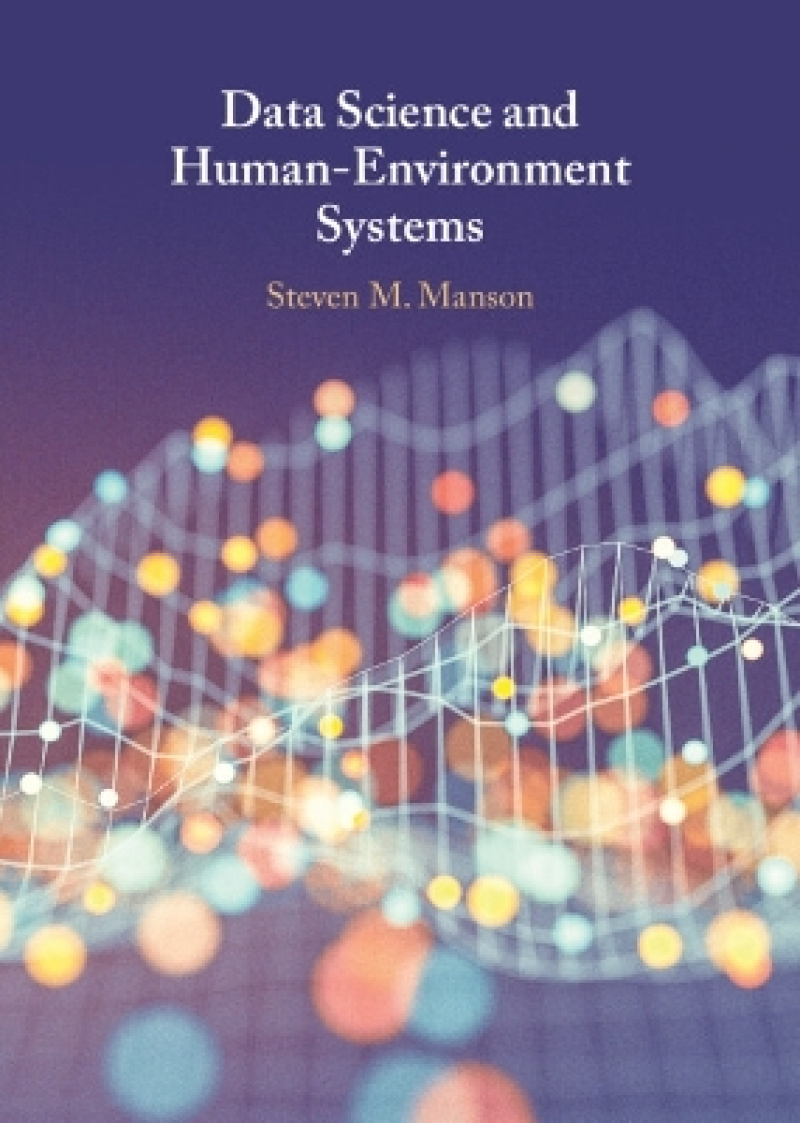'Decidedly not yet another 'data science and [fill in the blank] manifesto! This wide-ranging overview is optimistic about the potential, yet realistic about the challenges of the rapidly evolving data landscape facing scholars concerned with human-environment systems.' David O'Sullivan, Victoria University of Wellington
'Data and its science is rapidly becoming one of the mantras of the 21st century. In this book Steve Manson provides a compelling analysis of the prospects and problems of working with big data and various methods that exploit it in human and environmental systems, focussing on bias, uncertainty, ethics and privacy which are rarely discussed in a comprehensive way in the context of the science itself. Essential reading for data scientists and policymakers alike.' Michael Batty, Centre for Advanced Spatial Analysis, University College London
'This clear, comprehensive, and insightful treatise could not have come to the academic world at a better time, especially when democracy, human rights, and the sustainability of our planet face a myriad of dangers. Lucky readers will value this book for its frank discussion of the collective challenges and pitfalls that exist and even more so for guidance on viable means of cross-disciplinary collaboration toward ultimate solutions.' Dawn Wright, Esri Chief Scientist
'In a rapidly changing landscape, I've found this to be an authoritative book that frames the challenges that human-environment systems face and the solutions that data science could provide. I was struck by how the book's complex ideas are framed and communicated, making it not only accessible and suitable for those new to the field, but also mandatory reading for those who are experienced and looking for a cutting-edge perspective. Intelligently written and highly relevant, this book successfully bridges the gap between data science and human-environment systems.' Alison Heppenstall, University of Glasgow
